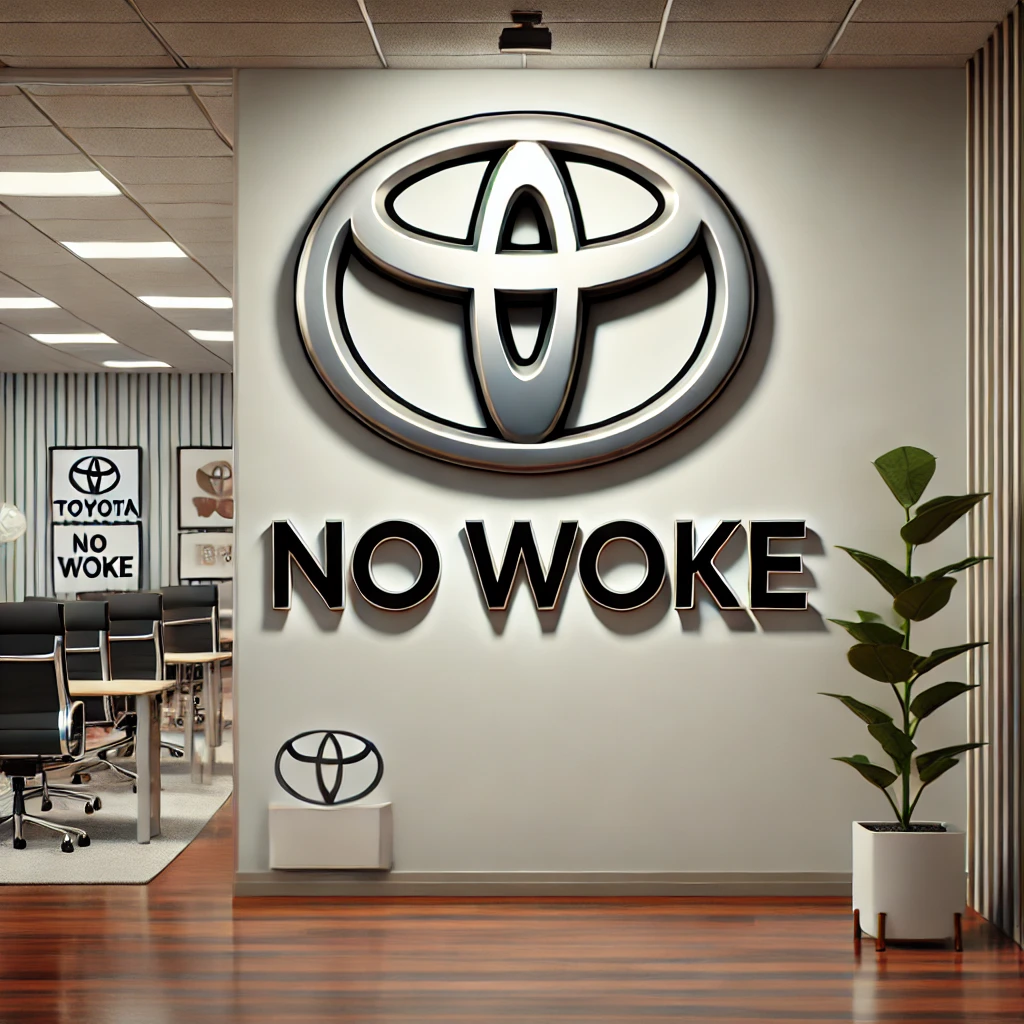Toyota Motor Corporation is subtly steering away from its Diversity, Equity, and Inclusion (DEI) and pro-LGBTQ initiatives, joining a series of corporations that have recently recalibrated their public stance on social issues. In a decisive internal communication, Toyota informed its U.S. employees of a significant shift in its community engagement strategies, choosing to focus primarily on STEM education and workforce readiness, distancing itself from its previous DEI commitments.

The decision comes after an online backlash fueled by Robby Starbuck, a noted anti-woke activist and filmmaker. Starbuck had publicly criticized Toyota’s involvement in DEI activities, including its participation in the Human Rights Campaign’s Corporate Equality Index and the sponsorship of LGBTQ events and groups.

Following the backlash, Toyota’s memo clarified that while it remains committed to fostering an inclusive work environment where “diversity of thought can flourish,” the company’s community efforts will now prioritize activities that bolster professional development, networking, mentoring, and volunteering. These areas, according to Toyota, are essential for driving business success and ensuring alignment with the company’s core values.
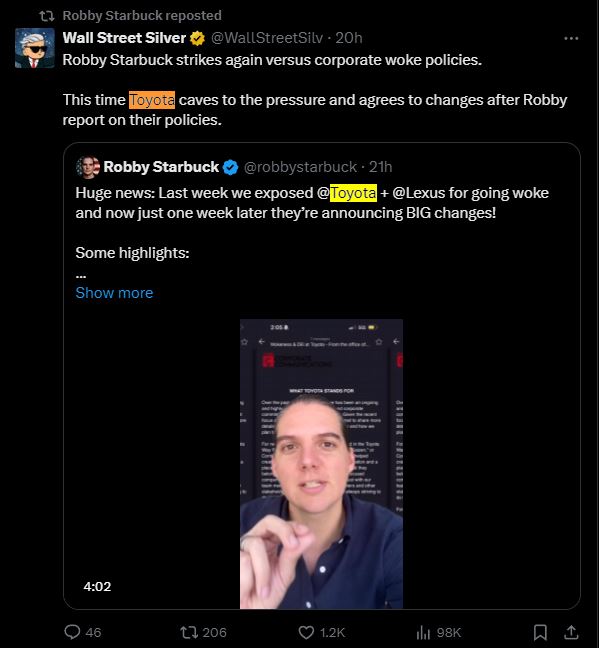
In reaction to the new policy direction, Starbuck praised Toyota’s executive team for what he perceives as a move towards corporate neutrality. “The companies who adopt neutrality will win the future because they don’t violate the core beliefs of the consumers they rely on,” Starbuck commented on X, formerly known as Twitter.
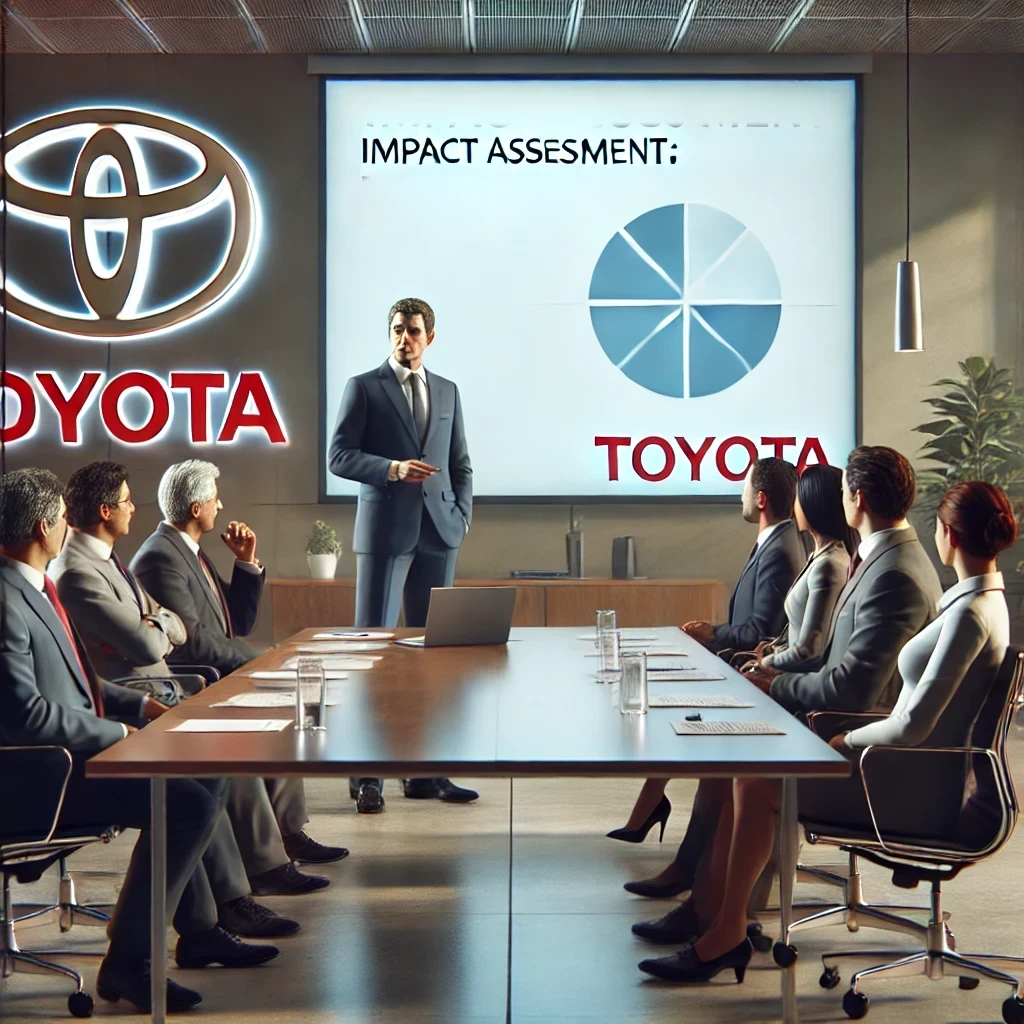
Despite the apparent influence of Starbuck’s campaign, a Toyota spokesman minimized his impact, noting that the company received only a modest number of inquiries from employees and a handful of comments from dealers and customers, describing the overall impact as “negligible.”
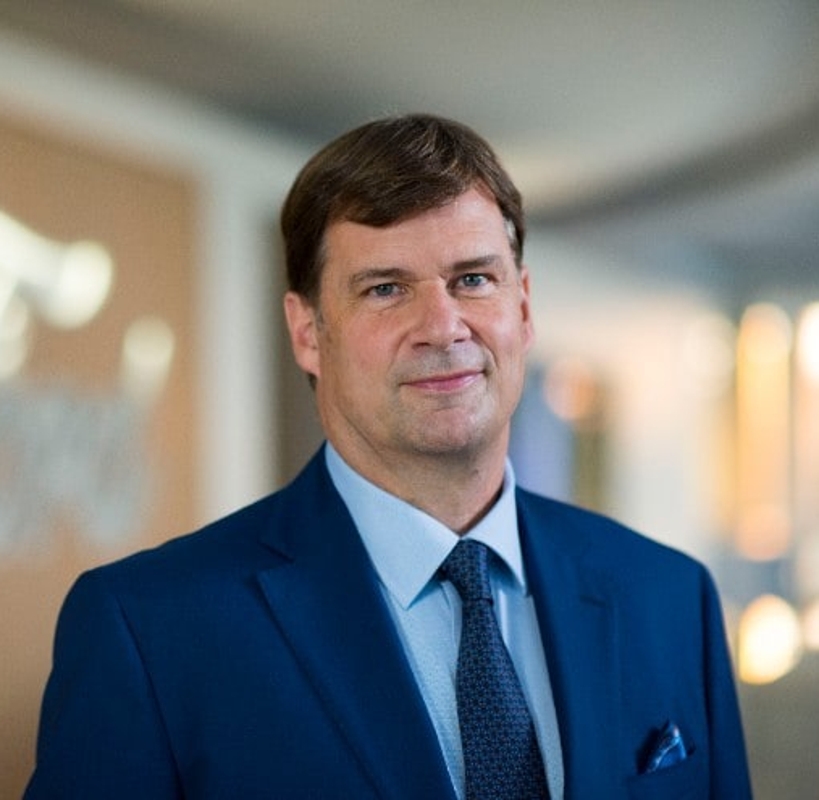
This change in Toyota’s policy mirrors actions taken by other major companies. In August, Ford Motor Company’s CEO, Jim Farley, informed employees that Ford would also be distancing itself from woke practices. Like Toyota, Ford emphasized a departure from public commentary on divisive issues, focusing instead on business-centric goals and redefining its ERGs to be inclusive of all employees.

Other companies, including Lowe’s, Molson Coors, and John Deere, have also recently retracted their woke policies, signaling a broader industry trend towards neutrality in an increasingly polarized societal landscape.
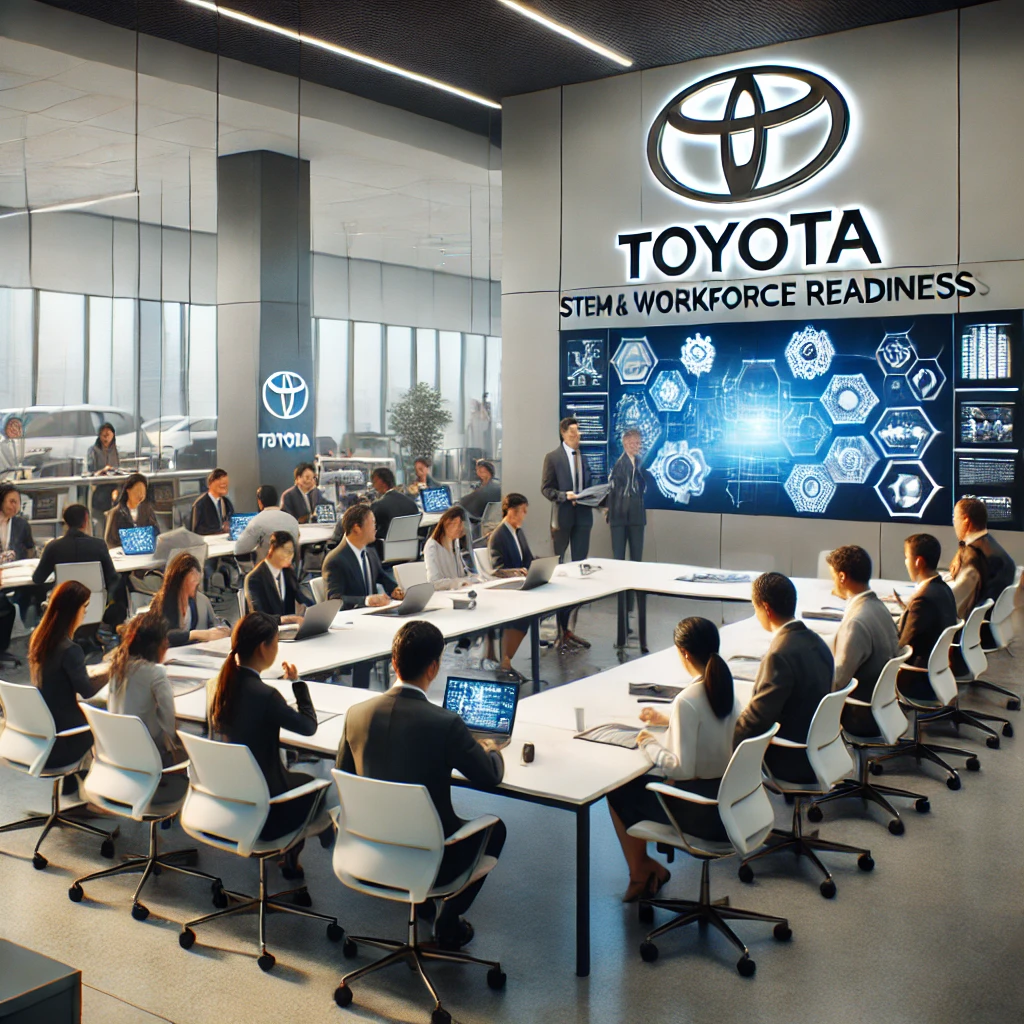
This shift reflects a growing corporate awareness that aligning closely with politically charged issues can alienate portions of their consumer base, prompting a more measured approach to social advocacy.

